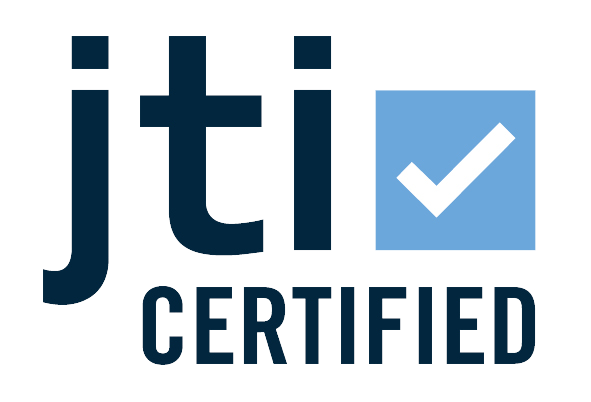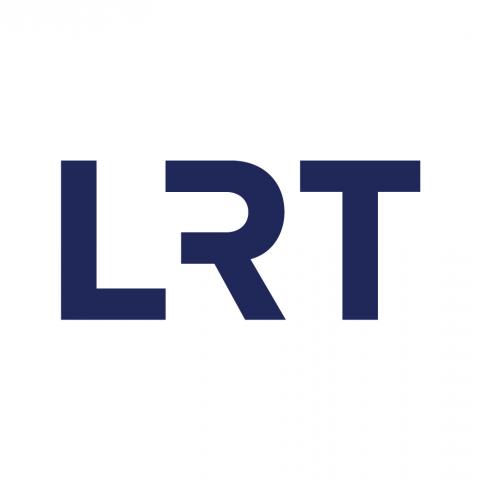
The Media Outlet has been independently certified according to the JTI Programme and CWA 17493:2019.

Certified by
Deloitte
Date of certification
14/07/2025
Contact details
477 Collins Street
3000 Melbourne
Australia

9. Accountability for Journalism Principles
9.1. Editorial Guidelines
A Media Outlet shall produce a set of Editorial Guidelines or adhere to an external set of guidelines (for example the Model Editorial Guidelines provided as a reference document to this Standard), to which its journalistic operations comply. They should govern meaningful principles of journalistic content, dissemination and conduct. These guidelines, and the identity of the person or group of persons with ultimate responsibility for them within its organisation, shall be made available to the public in a readily accessible and understandable form. Best practice is to have these guidelines available publicly rather than on request.
Does your Media Outlet have a set of guidelines, or adhere to an external set of guidelines, for journalistic content, distribution and conduct to which its journalistic operations comply?
YesAre they made available to the public in a readily accessible form?
YesWhat is the URL?
Is there a person or a group of persons responsible for these guidelines clearly identified?
YesIs that identification visible on the page with the guidelines?
YesIf you want to publish additional information, please provide it here.
See also the LRT Editorial Policy, Ch. I "GENERAL PROVISIONS" and Ch. XII "FINAL PROVISIONS" and the Code of Ethics of Journalists of LRT, Ch. XI "FINAL PROVISIONS".
9.2. Purpose of Guidelines
A Media Outlet shall ensure that these Editorial Guidelines set clear expectations of the behaviour it requires from its own staff, its contractors and from all other contributors to its editorial content. It should also set out the structure of responsibility within the organisation, making sure it is clear who is accountable for each stage of the process that leads to publication.
Do the guidelines referred to in the section on Editorial Guidelines set clear expectations for the behaviour for all the contributors, including editorial staff (journalists, editors) and all other contributors?
YesIf you want to publish additional information, please provide it here.
See the LRT Editorial Policy, Ch. I "GENERAL PROVISIONS".
The Code of Ethics of Journalists of LRT lays down the basic rules and principles of professional ethics for journalists and creative workers, where creative workers are broadly defined as persons who directly create or contribute to the creation of the LRT content. This includes heads of content-creating units, journalists, programme presenters, editors and producers.
See the Code of Ethics of Journalists of LRT, Ch. II "GENERAL PROVISIONS".
Do the guidelines referred to in the section on Editorial Guidelines make clear the structure of editorial responsibility for each stage of the publication process within the organisation?
YesIf you want to publish additional information, please provide it here.
9.3. Guidelines and Journalism Principles
A Media Outlet shall ensure that these Editorial Guidelines embody the core ethical principles of journalism. The Editorial Guidelines may impose specific requirements in addition to these core ethical principles; but any additional requirements shall not compromise these core ethical principles as described in the Preamble of this document.
Do your Editorial Guidelines include requirements for Accuracy (as prescribed in the Preamble) in your output?
YesWhat is the URL?
Do they include requirements for Independence (as prescribed in the Preamble) of editorial decision making?
YesWhat is the URL?
Do they include requirements of Fairness (as prescribed in the Preamble) in the practice of journalism?
YesWhat is the URL?
Do they include requirements for Accountability (as prescribed in the Preamble) in the practice of its journalism?
YesWhat is the URL?
9.4. Conflicts of Interest
Editorial Guidelines shall ensure that there are no conflicts of interests – real, potential or perceived – damaging the integrity of the story or the editorial independence of those working on it. They should have guidance on how to deal with conflicts related to political, business and personal interests. Editorial structures should protect the journalism from any undue influence by the Media Outlet’s executive management or ownership authorities outside the formal editorial process and from any external interests, commercial, social or political.
Do your Editorial Guidelines include protections against real, potential, or perceived conflicts of interest?
YesIf you want to publish additional information, please provide it here.
The Code of Ethics of Journalists of LRT also lays down principles to avoid actual or potential conflicts of interest. See Ch. VIII "TRANSPARENCY" and Ch. IX “RELATIONS BETWEEN JOURNALISTS AND LRT".
Do the guidelines include guidance on how to deal with conflicts related to business?
YesIf you want to publish additional information, please provide it here.
the Code of Ethics of Journalists of LRT, Ch. VIII "TRANSPARENCY" and Ch. IX "RELATIONS BETWEEN JOURNALISTS AND LRT".
Additionally, the LRT Anti-Corruption Resilience Policy, approved by the order of the LRT Director General on 7 October 2022, outlines LRT’s commitments in the field of corruption prevention, including:
• Identifying external, internal, or individual corruption risk factors affecting LRT’s areas of activity that could create conditions for corruption;
• Proposing preventive measures to manage and/or eliminate these risk factors;
• Ensuring the declaration of public and private interests, and the effective management of conflicts of interest;
• Requiring all LRT employees to recuse themselves from the preparation, discussion, or decision-making processes of any matters that may give rise to a conflict of interest, etc.
Do the guidelines include guidance on how to deal with conflicts related to political interests?
YesIf you want to publish additional information, please provide it here.
The principles and guidelines for avoiding conflicts related to political interests are also reflected in the Code of Ethics of Journalists of LRT, Ch. VIII "TRANSPARENCY".
Do the guidelines include guidance on how to deal with conflicts related to personal interests?
YesIf you want to publish additional information, please provide it here.
The LRT Anti-Corruption Resilience Policy, adopted by the order of the LRT Director General on 7 October 2022, outlines LRT’s commitments in the field of corruption prevention, including:
• Ensuring the declaration of public and private interests and the effective management of conflicts of interest;
• Requiring all LRT employees to recuse themselves from the preparation, discussion, or decision-making processes of any matters that may give rise to a conflict of interest, etc.
LRT has "Zero Gift Policy". The Policy was adopted by the order of the LRT Director General on 27 May 2024.
The Policy stipulates zero tolerance approach to any gifts to LRT employees in relation to their official position or duties, except in cases envisaged in the Policy. These include gifts received or given in accordance with international protocol or tradition, gifts intended for representation and bearing institutional or other official symbols and other cases defined in the Policy, when the gift does not exceed the value of 50 EUR.
Does the Media Outlet’s structure protect the editorial processes from any undue influence from within or without?
YesIf you want to publish additional information, please provide it here.
See also the answer to question 19.h.i. of this Questionnaire on the LRT structure and governance, which provides safeguards for editorial and institutional independence.